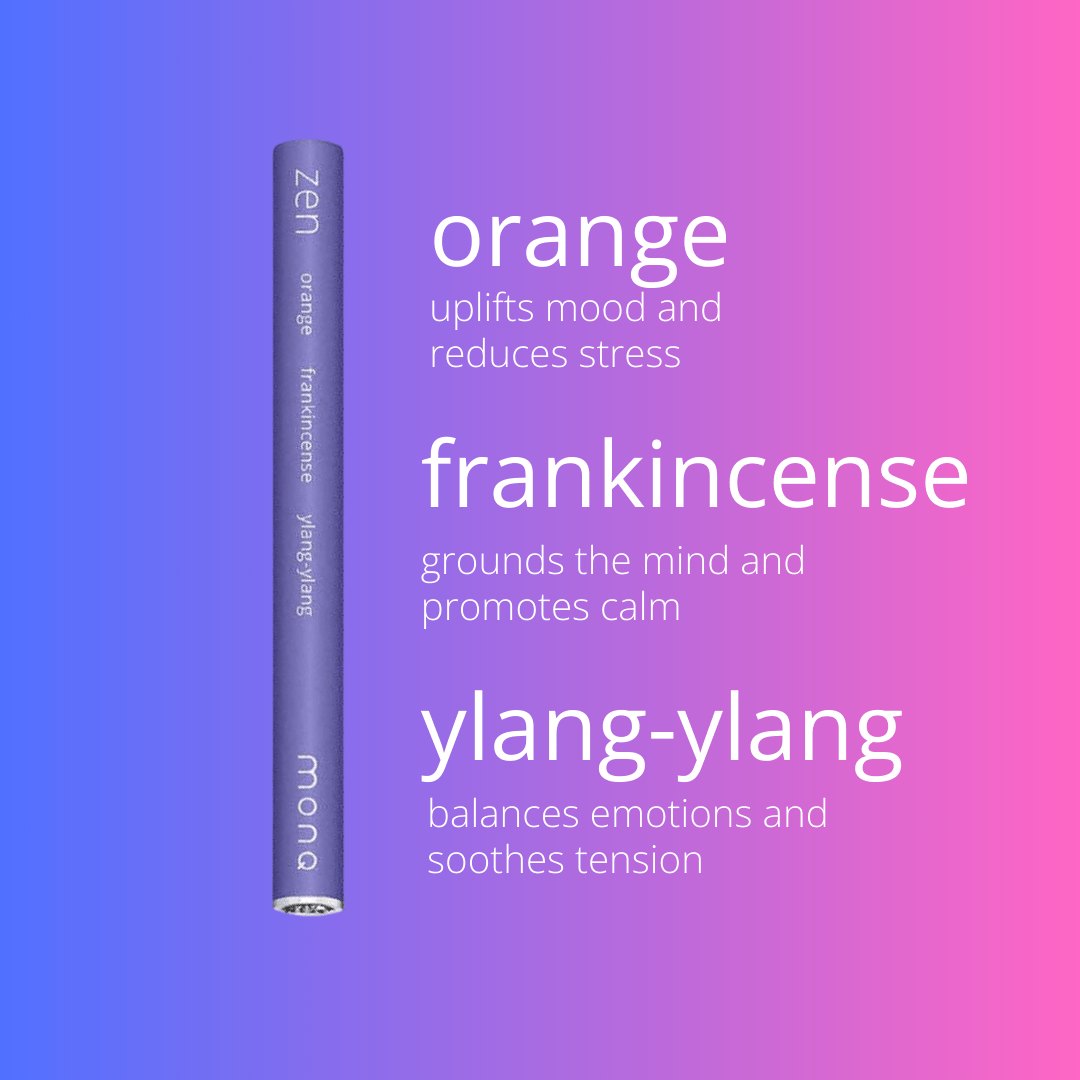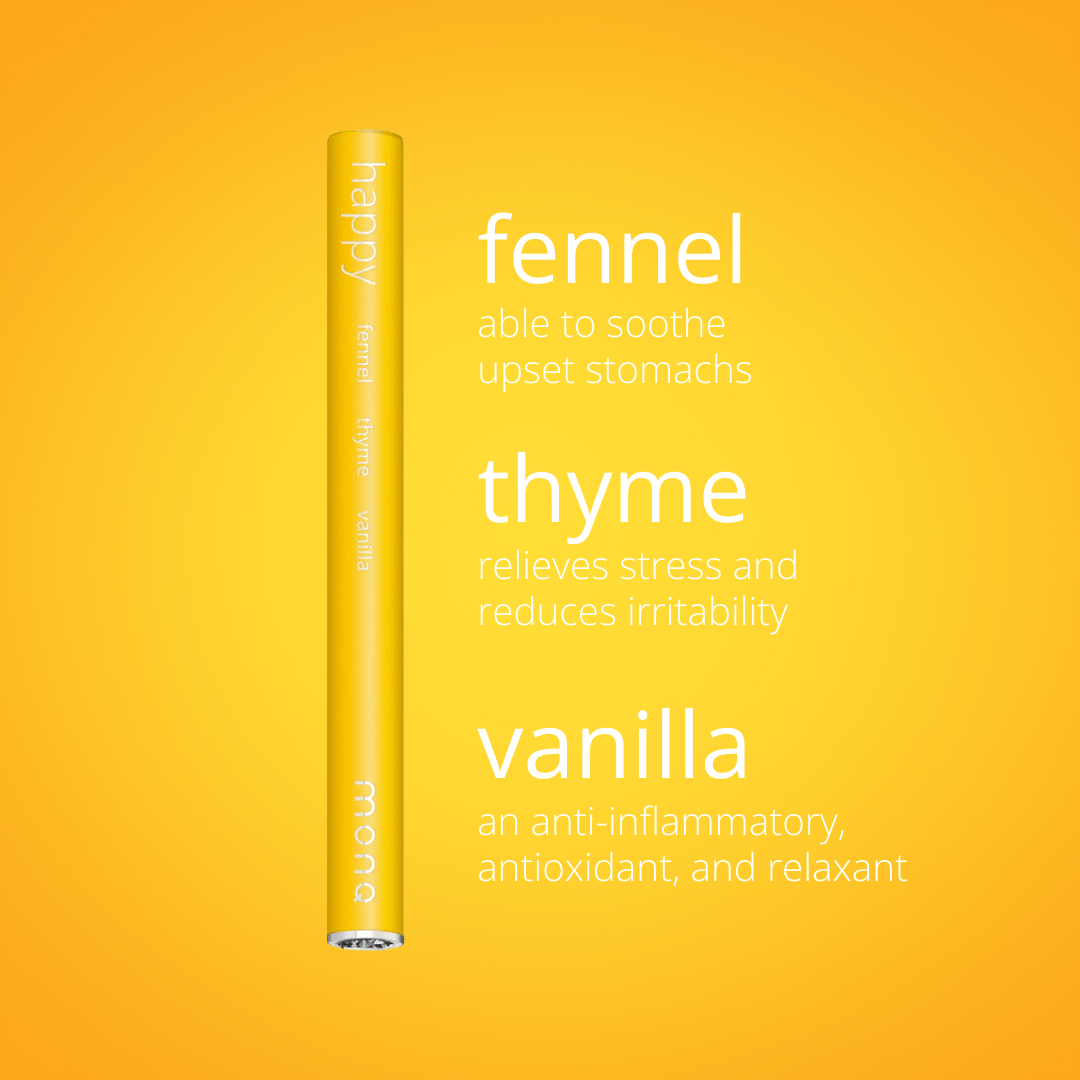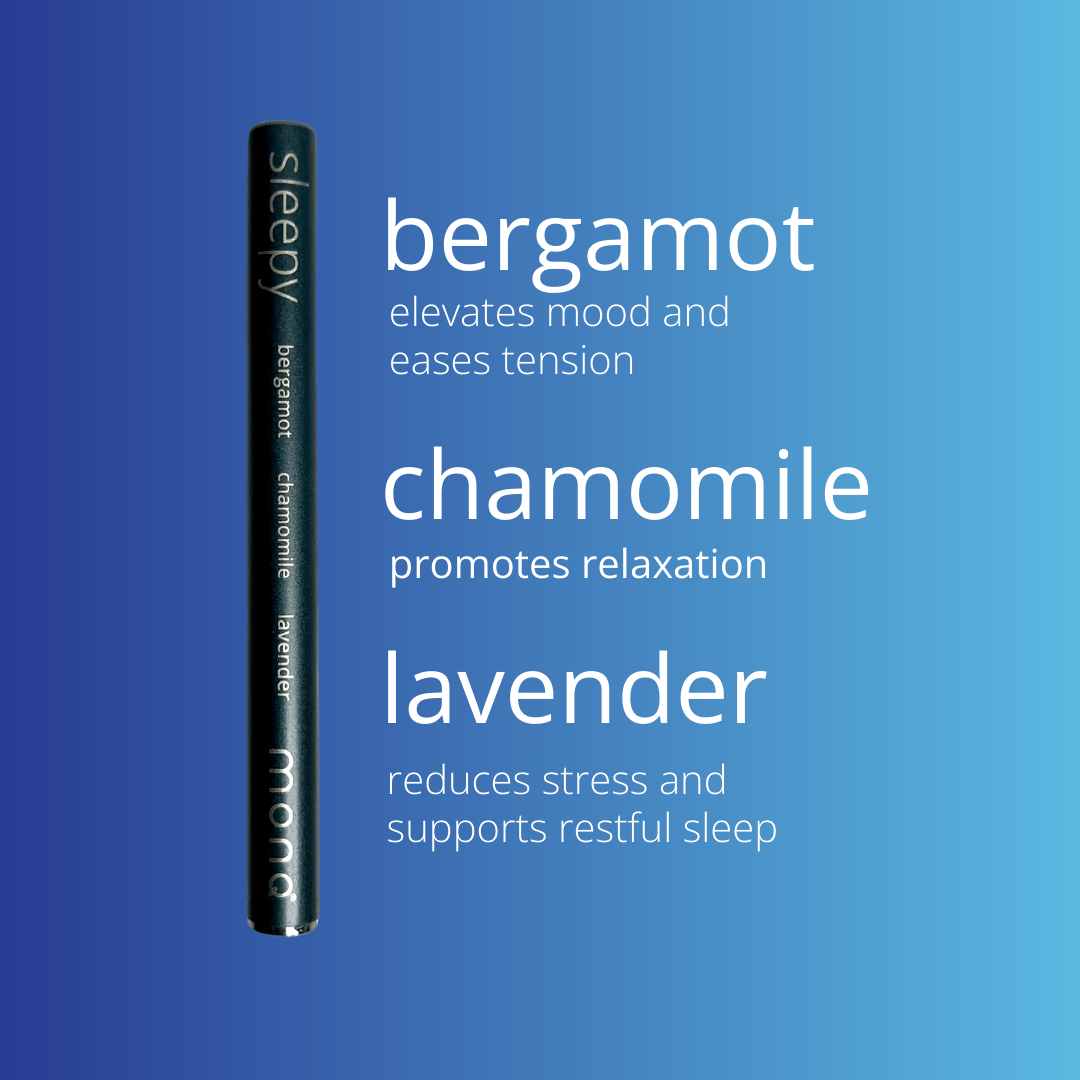Reclaiming Terpenes: Urban Wellness Solutions

Picture our ancestors navigating a world imbued with the aroma of nature's bounty—a life characterized by its challenges but also its natural fragrances. In those ancient days, humans lived intimately with the land, breathing in the invigorating scents of the earth. Yet, as civilization progressed, industrialization brought with it a veil of pollution, obscuring these once-ubiquitous natural aromas and leaving us potentially deficient in terpenes—the essential compounds emitted by plants.
Though the exact origins of aromatherapy remain shrouded in history, the practice of harnessing the power of plant-derived essential oils spans centuries. Ancient Egyptians purportedly used essential oils for embalming and hygiene, recognizing their antibacterial properties. Similarly, in distant lands, essential oils found their way into the fabric of traditional Chinese and Ayurvedic medicines, revered for their mood-enhancing effects and therapeutic qualities.
The alchemist Avicenna's distillation process revolutionized the extraction of essential oils, a technique still in use today. Through the ages, civilizations from Rome to Greece embraced aromatherapy for its holistic healing properties, using fragrant oils to combat maladies and mask odors.
Fast forward to modern times, where urbanization and pollution have severed our connection to these vital plant compounds, leading to what some call Terpene Deficiency Syndrome (TDS). Symptoms of TDS may manifest as skin irritations, respiratory discomfort, fatigue, and mood disturbances.
In today's world, where the majority of us reside in urban environments, the need to replenish our terpene reserves is more pressing than ever. The bustling metropolises like New York City and Los Angeles, notorious for their high-stress environments, underscore the urgency of reconnecting with nature's therapeutic offerings.
Enter forest bathing, a Japanese practice gaining global recognition for its restorative benefits. Forest bathing, or Shinrin-yoku, involves immersing oneself in nature, allowing the healing scents of the forest to work their magic. Studies suggest that exposure to terpenes like alpha-pinene and limonene found in forest air can reduce stress and inflammation, promoting overall well-being.
For those unable to escape the urban sprawl, innovative solutions like MONQ's personal diffuser blends offer a portable dose of nature's goodness. With blends like Forest, Mountain, and Ocean, individuals can experience the benefits of aromatherapy wherever they go.
Furthermore, incorporating terpene-rich plants into your surroundings, like evergreens and fruit trees, can enhance air quality and bring a touch of nature to your doorstep.
As we navigate the complexities of modern life, it's essential to heed the wisdom of our ancestors and reconnect with the natural world. By embracing aromatherapy and exploring avenues like forest bathing, we can replenish our terpene reserves and restore balance to our bodies and minds.








Leave a comment